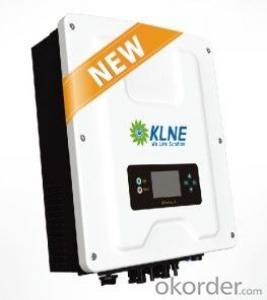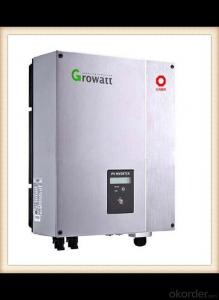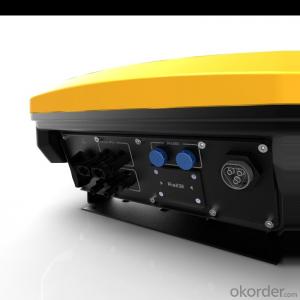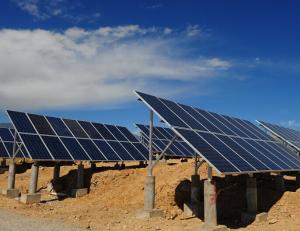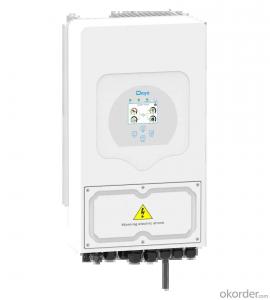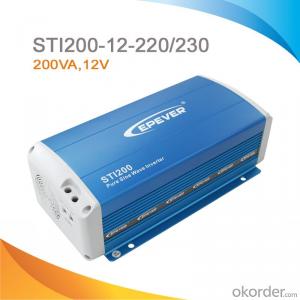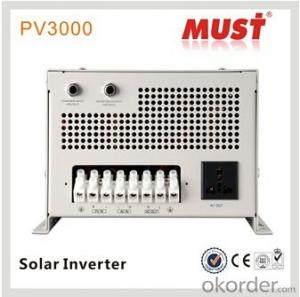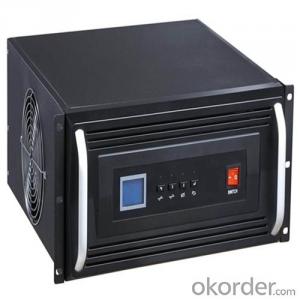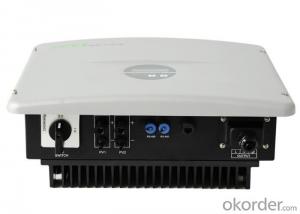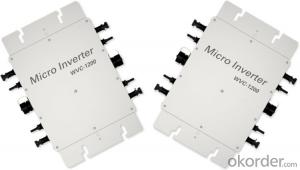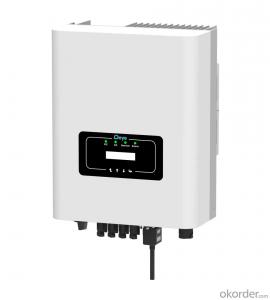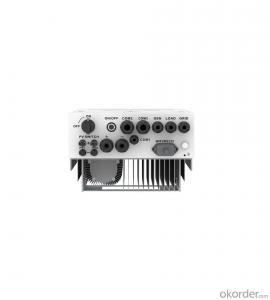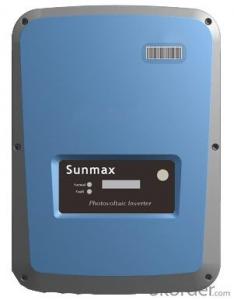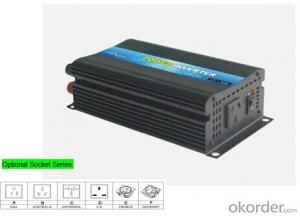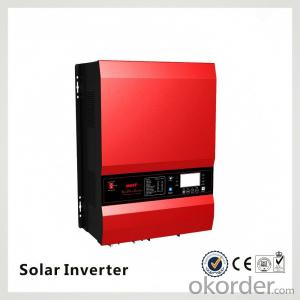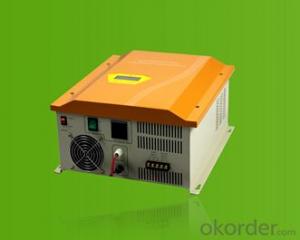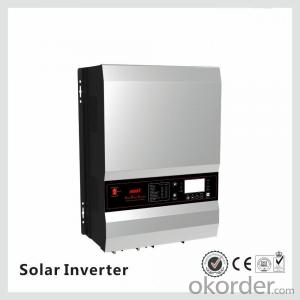All Categories
- - Steel Wire Rod
- - Steel Coils
- - Steel Profiles
- - Steel Pipes
- - Stainless Steel
- - Tinplate
- - Special Steel
- - Steel Sheets
- - Steel Rebars
- - Steel Strips
- - Hot Rolled Steel
- - Cold Rolled Steel
- - Pre-painted Steel
- - Seamless Steel Pipe
- - Welded Steel Pipe
- - Hollow Steel Tubes
- - Galvanized Pipe
- - Stainless Steel Coil
- - Stainless Steel Sheet
- - Stainless Steel Plate
- - Stainless Steel Strips
- - Electrolytic Tinplate Coil
- - Electrolytic Tinplate Sheet
- - Stainless Steel Rebars
- - Solar Panels
- - Solar Water Heater
- - Solar Related Products
- - Solar Inverter
- - Solar Cells
- - Solar Light
- - Solar Energy Systems
- - Solar Controllers
- - Solar Mounting System
- - Solar Pump
- - Solar Chargers
- - Fiberglass Chopped Strand
- - Fiberglass Mesh Cloth
- - Composite Pipes
- - FRP Pultrusion Profiles
- - Fiberglass Mat Tissue
- - Fiberglass Fabrics
- - Fiberglass Mesh
- - Composite Tank
- - Fiberglass Mesh tape
- - Polymer
- - FRP Roofing Panel
- - Fiberglass Roving
- - Monolithic Refractories
- - Ceramic Fiber Products
- - Refractory Bricks
- - Raw Materials For Refractory
- - Suspended Platform
- - Cranes
- - Concrete Machinery
- - Earthmoving Machinery
- - Building Hoist
- - Road Building Machinery
- - Plastic Pipe Fittings
- - Plastic Tubes
- - Plastic Sheets
- - Agricultural Plastic Products
- - Plastic Nets
 All Categories
All Categories
Q & A
What is the impact of module degradation on the reliability of a solar inverter?
Module degradation can have a significant impact on the reliability of a solar inverter. As solar modules degrade over time, their efficiency decreases, resulting in reduced power output. This reduction in power output can affect the overall performance and efficiency of the solar system, including the inverter. Inverters are designed to convert the direct current (DC) generated by the solar modules into alternating current (AC) for use in homes or buildings. When the modules degrade, the inverter may not receive the optimal DC input, leading to lower conversion efficiency and potential operational issues. Additionally, module degradation can result in voltage fluctuations and irregularities, which can put additional stress on the inverter and potentially lead to failures or malfunctions. Therefore, it is crucial to monitor and maintain the health of solar modules to ensure the reliability and longevity of the solar inverter.
Can a solar inverter be repaired if it malfunctions?
Yes, a solar inverter can be repaired if it malfunctions. Many malfunctions can be resolved by trained technicians who can diagnose and fix the issue, replacing faulty components if necessary. However, it is important to note that the repairability of a solar inverter may depend on the specific model and the extent of the malfunction. In some cases, it may be more cost-effective to replace the inverter rather than repair it.
Can a solar inverter be used in a solar-powered emergency backup system?
Yes, a solar inverter can be used in a solar-powered emergency backup system. The solar inverter converts the direct current (DC) generated by solar panels into alternating current (AC) that can be used to power electrical devices during power outages or emergencies. By connecting the solar inverter to a battery storage system, excess solar energy can be stored and used as backup power when needed.
How does a solar inverter handle electromagnetic interference (EMI)?
A solar inverter handles electromagnetic interference (EMI) by incorporating various measures to minimize its impact. It typically includes filters and shielding to reduce the amount of EMI generated and received. These filters help attenuate the high-frequency noise and harmonics produced by the inverter, preventing them from interfering with other electronic devices. Additionally, the inverter's design ensures proper grounding and isolation to further mitigate any potential EMI issues.
Wholesale Solar Inverter from supplier in Eritrea
We are a Solar Inverter supplier serving the Eritrea, mainly engaged in the sale, quotation, and technical support services of various Solar Inverter products in the Eritrea region. We are a subsidiary platform of the Fortune Global 500 company CNBM, able to provide you with one-stop Solar Inverter procurement services in the Eritrea. Not only do we have a wide range of Solar Inverter products, but after years of market development in the Eritrea, we can also provide valuable experience for your projects.
